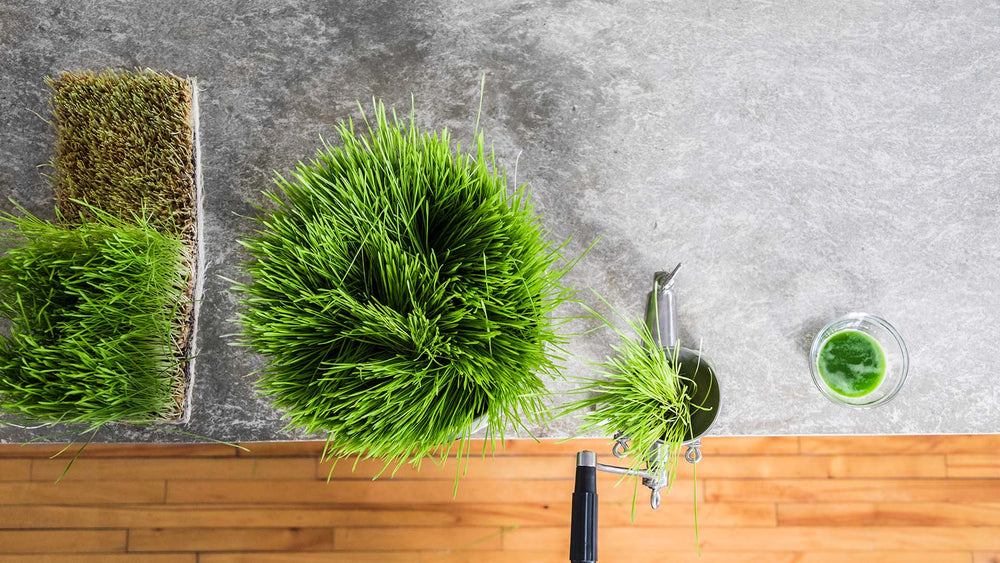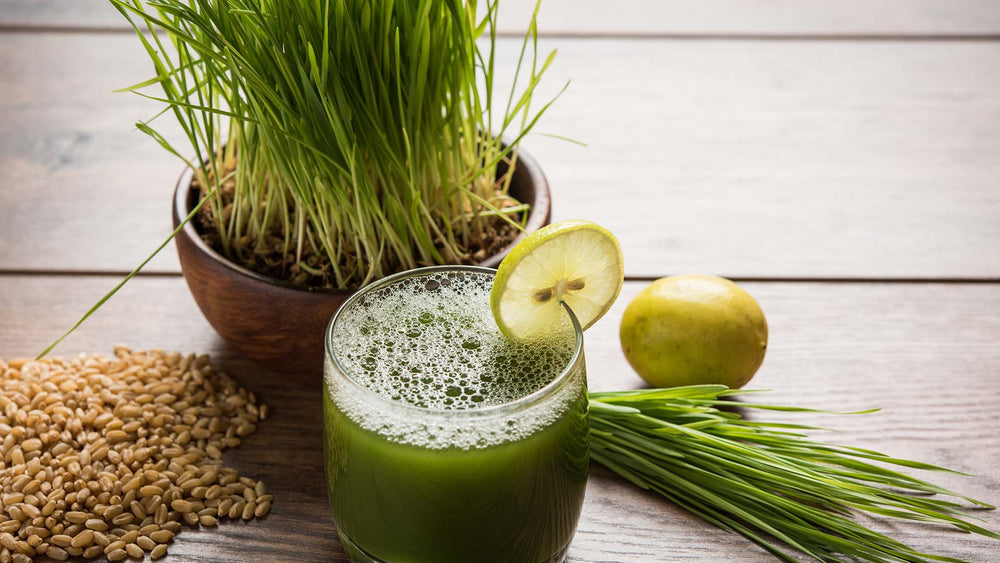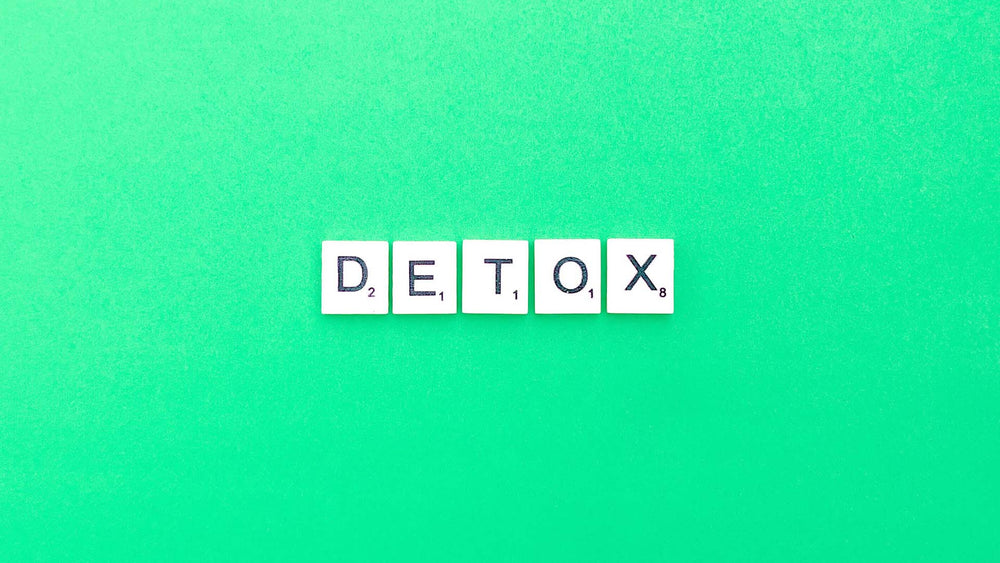We're lead to believe that eating meat is bad for you, and being a vegetarian or vegan provides innumerable health benefits and helps you live longer. But how true are all the articles about the virtues of a meat-free diet?
The History of Vegetarianism
Vegetarianism began in ancient India and ancient Greece. (The Greek mathematician Pythagoras was a vegetarian and animal advocate.) The British first coined the term “vegetarian” in the mid-1800s.
The cookbook Diet for a Small Planet by Frances Moore Lappé started the vegetarian movement in the United States in 1971. Through her research, Lappé discovered that beans and rice, when eaten together, formed a complete protein. Throughout the 1970s, vegetarian restaurants and cookbooks gained popularity. Soy was introduced as an alternative to meat.
You may be familiar with vegetarian music and movie stars, but many famous people throughout history have been vegetarians, including Leo Tolstoy, Upton Sinclair, Steve Jobs, Thomas Edison and Jane Goodall.
The medical establishment and most scientific research shows that a reduced meat diet is healthier than the old-fashioned, meat-based diet popular in the 1950s and 1960s. Many experts agree that some meat and poultry is necessary for optimum health, and emphasize organically-raised meat as a small part of a healthy diet.
The notion of the meat-focused diet as the best choice to maintain health is a thing of the past.
Vegans, Vegetarians and Pescetarians
There are several types of meat-free diets. Some of them allow consumption of milk, eggs, cheese and other animal by-products, while others forbid all animal-derived products.
A vegetarian is based on plant-based foods, plus dairy and eggs, with no red meat, fish or poultry. There are a few variations, such as a lacto-ovo vegetarian (A person who eats fruits, vegetables, eggs and dairy products, but no meat) and lacto vegetarians who eat dairy products, but no eggs.
Also, you can technically be a vegetarian and eat unhealthy foods – like sugary cakes and muffins, potato chips and pretzels, without eating meat. Being a vegetarian doesn't always guarantee good health.
Vegans don't eat any meat, poultry fish or any product made with animal-derived products, like gelatin or cow's milk or goat's milk.
One of the healthiest diets, according to many studies isn't strictly vegan or vegetarian, but leans towards eating fish, or being a pescetarian.
Pescartarians eat fish and shellfish, but no poultry or red meat. They also eat vegetables, fruits, nuts, grains, beans, eggs and dairy.
Raw Vegan - The Strictest Diet of All
Raw vegan diets are the strictest of all dietary options, consists of no animal products or cooked plants. This diet will give you more enzymes and you'll avoid the HCAs sometimes emitted from cooked foods or meats.
If you eat enough seeds, nuts and leafy green vegetables, you can get enough protein on a raw vegan diet, but you'll still need to take supplements to get enough Vitamin B12, iron and calcium.
Vegans, Vegetarians and Vitamin Deficiency
Vegans and vegetarians may not get enough of the following nutrients.
- Zinc
- Vitamin B12
- Omega 3 fatty acids
- Vitamin D
- Iron
- Calcium
Vegetarians who still consume milk, yogurt, cheese and other animal products don't need to worry about calcium or Vitamin D as much as their vegan counterparts.
Chia seeds, sesame seeds, collard greens, teff, spinach and tofu contain calcium and can be used as a substitute for dairy products. However, vegans may still find it hard to get enough calcium from these foods.
Lack of Vitamin B12 causes fatigue, depression, anemia, tingling or numbness in the extremities and confusion.
Vegans have few sources of Vitamin B12. Nutritional yeast, fortified almond, soy or coconut milk and fortified cereals offer B12, but most vegans will need to take a Vitamin B12 supplement.
Regardless of diet, getting out in the sun is the best way to get Vitamin D.
Getting the Proper Mix of Nutrients is the Key to Good Health
To stay healthy and live longer, you need to consume a certain amount of vitamins, minerals and nutrients each day. You can learn more about the nutrients required for health at the President's Council on Fitness, Sports and Nutrition. The nutrients in the foods you consume, as well as the calories, can improve your health and maintain your weight.
Although a vegetarian diet has been shown to help physical health, it may have harmful effects on mental health.
A German study focused on vegetarian diets and mental health involved physical and mental evaluation by medical professionals. It showed that vegetarians scored higher on may aspects of physical health, but had higher rates of depression, anxiety and eating disorders.
Eating salmon, tuna, mackerel and other fatty fish will boost your intake of Omega 3s. Omega 3 fatty acids are linked with reduced anxiety so eating more fish may just make you calmer and more focused, especially if you're a vegan or vegetarian.
Other health benefits of Omega 3 fatty acids include:
- Reduced triglyceride level
- Decreased joint pain from rheumatoid arthritis
- Prevents inflammation that may cause asthma
- Protects against Alzheimer's and dementia
Oil thickeners, sugars, and binders can be used in processed foods to replace dairy products and animal derivatives. Even if a processed food is designed for vegetarians, that doesn't mean it's free from unhealthy ingredients. A vegetarian margarine can contain as many as 14 ingredients, while butter contains only dairy butter and possibly salt.
It may be better to eat vegetarian as opposed to a strict vegan diet with no animal products at all. A semi-vegetarian diet may be best for overall health. That way you can stay (mostly) true to your desire to help animals and get the natural Vitamin B12 you need.
Recommended Servings of Fruits, Vegetables, Grains and Other Foods
Eat five servings of fruits and vegetables a day, along with protein-rich foods and healthy fats. People who eat more fruits and vegetables have a reduced chance of cancer, diabetes, heart disease and other chronic conditions.
It's easier to add more fruit to the diet than vegetables for most people. Buy fresh vegetables, preferably from a farmer's market. Eating canned vegetables is better than not eating veggies at all, but choose brands with the low salt and few preservatives.
Here are some statistics on fruit and vegetable consumption in America. California and a few other states are big on fruit consumption, but most states lag on veggie consumption.
Reduce or eliminate refined flour and eat more brown rice, quinoa, couscous, oatmeal, groat and other whole grains. You'll reap healthy rewards, including more dietary fiber, B vitamins, magnesium and iron.
Easy Ways to Add More Fruits and Veggies to Your Diet
If bringing apples and other fruits to snack on at work several time a day seems like a chore, have a smoothie or homemade shake for breakfast or as a night time treat. You'll satisfy the 5 rule more easily with a strawberry-banana-blueberry smoothie. No sugar needed.
Veggie smoothies, although much less popular than fruit smoothies, can help your vegetable tally. Here are a few ways to add more vegetables into your diet:
- Put fresh veggies in omelets, frittatas or scrambled eggs. Chose anything you'd like broccoli, spinach, kale, tomatoes or cauliflower to your morning eggs. You'll enjoy the flavoring and get more iron, calcium and vitamins.
- Add carrots, spinach or kale to smoothies.
- Mix in pumpkin puree to pancake or waffle batter for a different taste treat and extra vitamins. Pumpkin puree has plenty of dietary fiber to fill you up and suppress appetite, and high levels of Vitamin A and beta carotene.
- Use tomatoes avocado, or spinach to give a grilled cheese sandwich more taste – and more nutrients.
Boost Your Energy and Avoid Disease with the Mediterranean Diet
The Mediterranean diet is based on how people eat in the countries surrounding the Mediterranean ocean, including France ,Spain, Morocco, Spain, Portugal, Greece, Cyprus and Croatia.
The Mediterranean diet includes fish and a small amount of poultry and dairy, but emphasizes fresh fruits, vegetables, legumes, breads, olive oil, nuts, herbs and spices. Red meat is eaten sparingly, but not forbidden.
People in countries along the Mediterranean tend to eat a leisurely dinner with others, and often drink a small amount of red wine with meals. Red wine contains resveratrol, a polyphenol that protects the lining of blood vessels in your heart.
In several studies, people on the Mediterranean diet exhibited better overall health and lived longer. Harvard researchers found that the Mediterranean diet stopped telomeres, the caps on the end of DNA strands, from fraying. Long telomeres are associated with slower aging and a longer life. Harvard researchers studied food questionnaires and telomere measurements from 4600 women, and determined that women who ate a Mediterranean diet had longer telomeres.
A 2016 study showed the Mediterranean diet was better for reducing heart attack and stroke risk than statins. The research, published in the European Heart Journal, showed that three fewer people out of every 100 on the Mediterranean diet suffered heat attacks for every 100 who ate other diets.
A follow-up 3.7 years later indicated that people who ate a Mediterranean diet had suffered the fewest incidences of heart attack, stroke or death. About 10.5% of 4,018 participants who ate a moderately healthy diet suffered these health problems, and 10.8% of 8579 people who ate a poor diet experienced these results.
If you're not ready to give up fish, and feel comfortable eating poultry and red meat occasionally, the Mediterranean diet may be a good mid-range point for you. It's far better than the standard American diet, but not as strict as a vegetarian or vegan lifestyle.
Meat-Free or Meat Eater – Which Diet is Best?
Many fad diets have gained popularity over the years, but certain nutritional points remain consistent. You need a certain amount of nutrients in your daily diet to maintain good health.
Regardless of the amount of meat in your diet, follow these tips to get the most out of your meals.
- Get natural sugar from fruit instead of artificial sweeteners or cane sugar. Don't add table salt to food. Avoid eating at chain restaurants that add a lot of salt to dishes.
- Don't buy junk food from the convenience stores or vending machines. Plan ahead and bring your own healthy snacks to work or school.
- Follow the eating schedule that is most comfortable for you. You can eat one large meal a day and snack throughout the day, or eat small meals punctuated by intermittent fasting, but the real key to health is eating a variety of nutrient-rich foods.
A diet that's 70 or 75 per cent vegetarian or pescetarian, with occasional free-range poultry or organic beef for essential Vitamin B12, seems to be the best bet for most people. This diet is similar to the Mediterranean diet.
About 7.3 million people in the U.S. identify as vegetarians, according to a study by Vegetarian Times magazine. A few million more eat fish and poultry, but no red meat, and two million more are vegan and don't eat any animal-based products, including eggs, cow's milk, gelatin or butter.
You can stay healthy on a properly planned vegetarian or vegan diet but you will need to take supplements to provide you with Vitamin B12, calcium and Vitamin D.
You need to eat 525 milligrams of calcium a day to resist bone fractures and osteoporosis. A vegetarian can get enough calcium from cheese, eggs and milk, but vegans need to consume leafy greens like spinach. While kale, spinach and bok choy contain calcium, they also have ocxalate, which make it harder for the body to absorb calcium. (Eating too many foods with ocxalates may also cause kidney stones.)
Even with the lack of certain nutrients in a meat-free or vegan diet, several studies show vegetarians are healthier than meat eaters.
Vegetarians may have a reduced risk of heart disease. In one study of 76,000 people, researchers found that vegetarians have a 25% less chance of dying of heart disease than meat eaters.
Many studies show that eating fruits and vegetables help guard against cancer. Whether you're a vegetarian or meat-eater, adding five servings a or more of fruits and veggies a day will reduce your risk of cancer.
Are Humans Naturally Carnivores or Vegetarians?
A study in Nature magazine, confirms it – human beings are natural carnivores and that the meat-rich diet the first humans ate helped us evolve into the modern, intelligent creatures of the 21st century.
If the first “proto-humans” had eaten only fruits, vegetables and root food, it would have taken much longer for people to evolve. Meat provided more nutrients and calories, and took less energy to chew than root foods.
The human brain needs many nutrients, and a vegan diet alone can't provide enough calories (without all that extra chewing). Eating meat helped make humans develop a less muscular jaw and smaller teeth.
The human brain got bigger and speech patterns also evolved due to meat-eating. We may still need to eat meat, as there's no way to tell if the human race is fully developed as a species. Evolutionary changes may still occur in the future.
Add Extra Nutrients to Your Diet with Wheatgrass
For the highest density of vitamins and minerals in a supplement, try wheatgrass.
Fix a wheatgrass smoothie using Happy Girl tablets from Wheatgrass Love. The wheatgrass in Happy Girl contains amino acids, dozens of vitamins and minerals and over one hundred enzymes.
Wheatgrass also has Vitamin A, E, C, K, B vitamins, calcium, zinc, copper, magnesium and many more vital nutrients. Happy Girl also has smaller amounts of cayenne pepper, green tea extract, ginger and other mood-boosting herbs to fight depression and anxiety naturally. Happy Girl is an excellent addition to any health-conscious lifestyle.
















